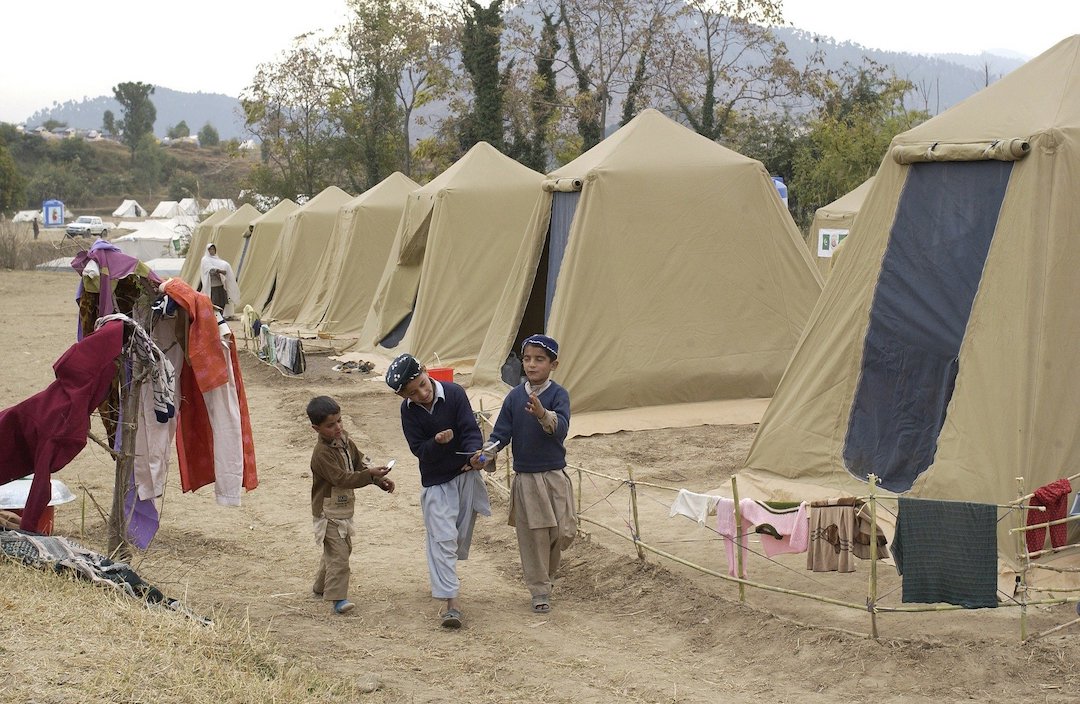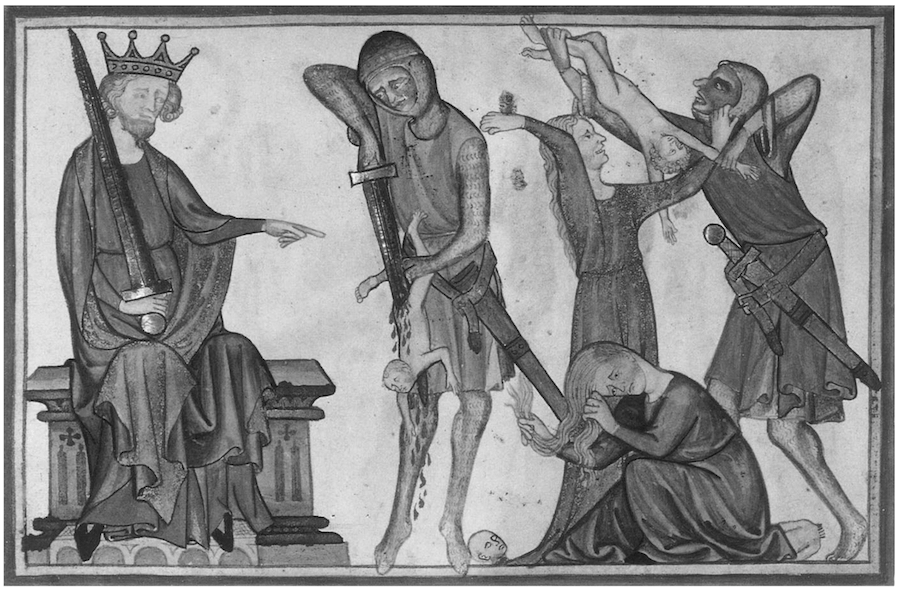 Today, many Ayatollahs, Mullahs, some Christian leaders, cult leaders, and national and world political leaders say they are speaking for God and what God expects of their followers. It is interesting that these supposed absolutists’ messages from God are so different and contradictory.
Today, many Ayatollahs, Mullahs, some Christian leaders, cult leaders, and national and world political leaders say they are speaking for God and what God expects of their followers. It is interesting that these supposed absolutists’ messages from God are so different and contradictory.
The absolutists thrive in dangerous times. Insecure and afraid people who desperately want to be right seek out the absolutists who create a fortress mentality for their followers. After a while, the absolutists have to have absolute enemies: the rich, the people of color, the Protestants, the Catholics, the Jews, the Muslims, the atheists, the imperialists, the politically correct, etc. The absolutists mind loves censorship, book burnings, ostracism, and excommunication. Self-righteous hate unifies their ignorant herd mentality.
The absolutists offer easy answers to a great many human problems for which there are no easy answers. I believe God wants us to struggle with political, religious, social, and world issues. It is interesting to watch those for and against political issues in our country. Many chant their slogans and act as a cheering section at a football game. Instead, times of struggle should be times for spiritual growth, understanding and tolerance of each other. Quick glib solutions which are offered to perplexing problems is nothing short of quackery and harmful to all.
The major difference between religious and political absolutists and Jesus is that Jesus was never coercive, never resorted to force. Jesus allowed others to have the dignity to differ. Jesus loves us whether we do His will or not. Absolutists tend to be incapable of real love. Those who love others do not force their rule over them. Instead those who love do as Jesus did by giving His life in love to others.
As thinking Christians, we need to keep in mind three points.
1. It is imperative to be aware and educated about what is happening at home and abroad; i.e., we are living in a time when the paranoid, absolutistic mind is spreading and tries to capture us in their web. We cannot allow absolutism and those with absolutistic minds capture and control us. No good can come from it. Absolutism is found in embryonic form in single-issue politics. It is found in gender and white supremacist issues of superiority. It is found in be-saved or be-damned religion. It is found in sinister terrorists groups, holy wars, dictatorships, and authoritarian rule.
2. As Christians, we need to be aware also that absolutistic minds are a peculiar perversion and double temptation in religion simply because those who say they speak for God equate God with their own platforms. They falsely say they are in partnership with God. Nothing is worse than to make God into our disciplinarian and source for our authority. God does not give us that authority.
3. As citizens of the United States, we are under an obligation to join hands with everyone who believes in the Bill of Rights and who accords other people the dignity to differ without retaliation. Reasonable, thoughtful discussion, and debate are essential to the resolution of complex problems. Browbeating, unified opposition, and condescension have no room in these discussions.
So do not let absolutism and those with absolutistic minds capture and control us. Beware of the peculiar perversion and double temptation absolutists have in religion. Accord people their rights under the Bill of Rights.
Call out governments that do not allow free speech. They persecute and imprison opponents on trumped up charges for challenging authoritarians and dictators.
Think About It
· What are your thoughts about absolutism?
· With so much disinformation, whom do you trust/distrust and why?
· How does power corrupt?
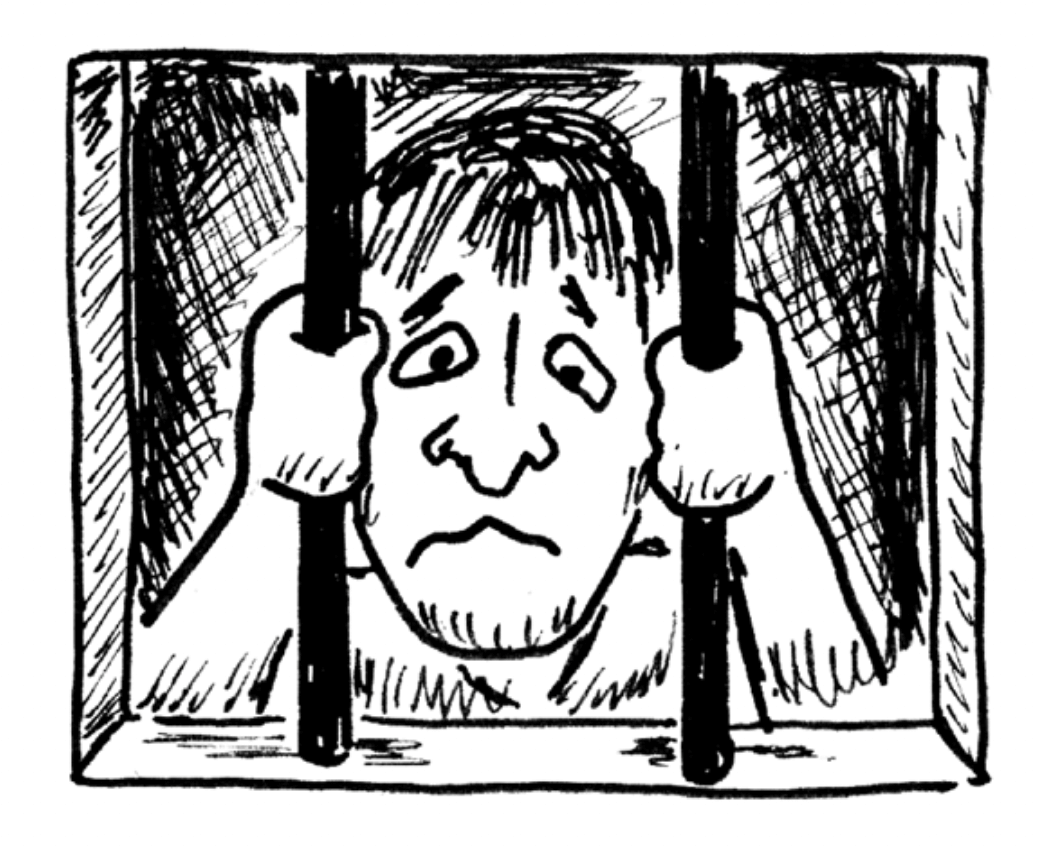 Imagine you are traveling during rush hour in the middle lane heading North on I-95. You are stuck behind an 18-wheeler and hemmed in on both sides by smaller trucks. In essence you cannot see what lies ahead. Nor will the trucks on either side of you let you cut in front of them. In about five miles, you want to exit the turnpike to get to your destination. What can you do to ensure your safety, those in your car, and those behind you?
Imagine you are traveling during rush hour in the middle lane heading North on I-95. You are stuck behind an 18-wheeler and hemmed in on both sides by smaller trucks. In essence you cannot see what lies ahead. Nor will the trucks on either side of you let you cut in front of them. In about five miles, you want to exit the turnpike to get to your destination. What can you do to ensure your safety, those in your car, and those behind you?
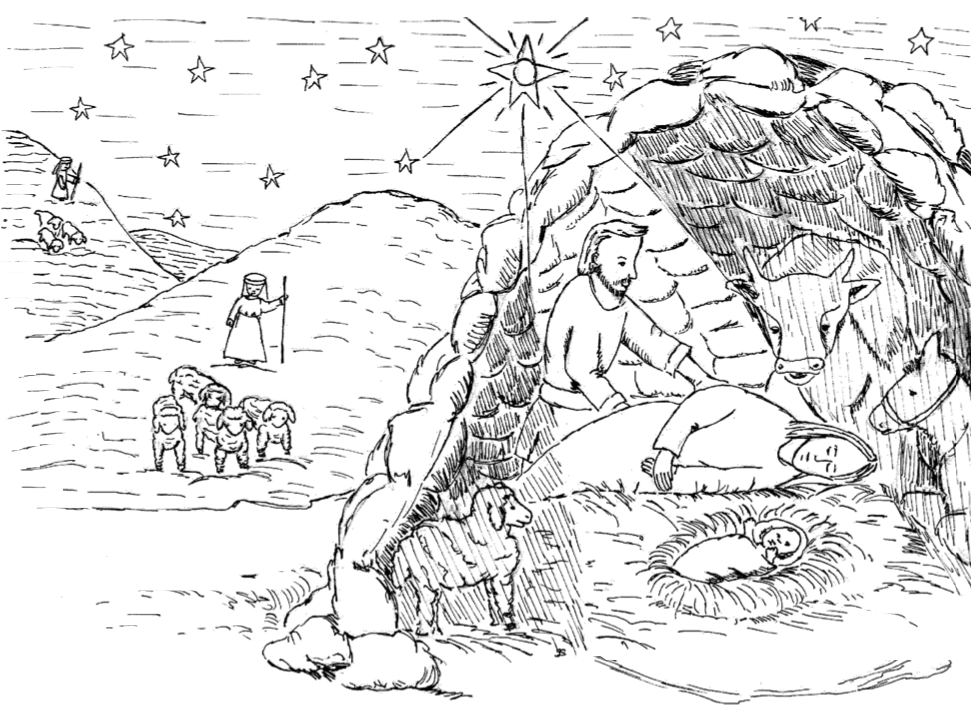 In Luke 2, we read that there is no room in the inn for Mary to give birth to Jesus. The non-literal interpretation of this event could mean that we, too, symbolically have no room for Jesus in our lives. Jesus enters this world under very adverse circumstances. He is born in a stable to a simple maiden who does not even have the luxury of home, midwife, or doctor. Yet Jesus, who represented God on earth, entered this world and subjected Himself to worldly circumstances which dictated how He entered and left this world. God had no intentions to disrupt this world by physical force or by rearranging political systems.
In Luke 2, we read that there is no room in the inn for Mary to give birth to Jesus. The non-literal interpretation of this event could mean that we, too, symbolically have no room for Jesus in our lives. Jesus enters this world under very adverse circumstances. He is born in a stable to a simple maiden who does not even have the luxury of home, midwife, or doctor. Yet Jesus, who represented God on earth, entered this world and subjected Himself to worldly circumstances which dictated how He entered and left this world. God had no intentions to disrupt this world by physical force or by rearranging political systems. Today, many Ayatollahs, Mullahs, some Christian leaders, cult leaders, and national and world political leaders say they are speaking for God and what God expects of their followers. It is interesting that these supposed absolutists’ messages from God are so different and contradictory.
Today, many Ayatollahs, Mullahs, some Christian leaders, cult leaders, and national and world political leaders say they are speaking for God and what God expects of their followers. It is interesting that these supposed absolutists’ messages from God are so different and contradictory.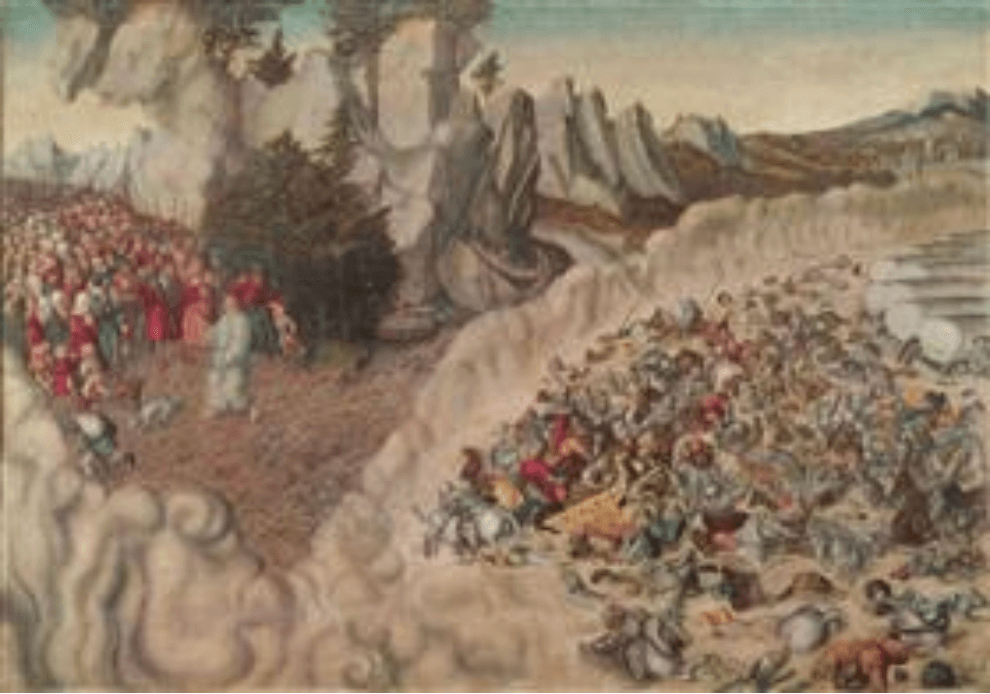
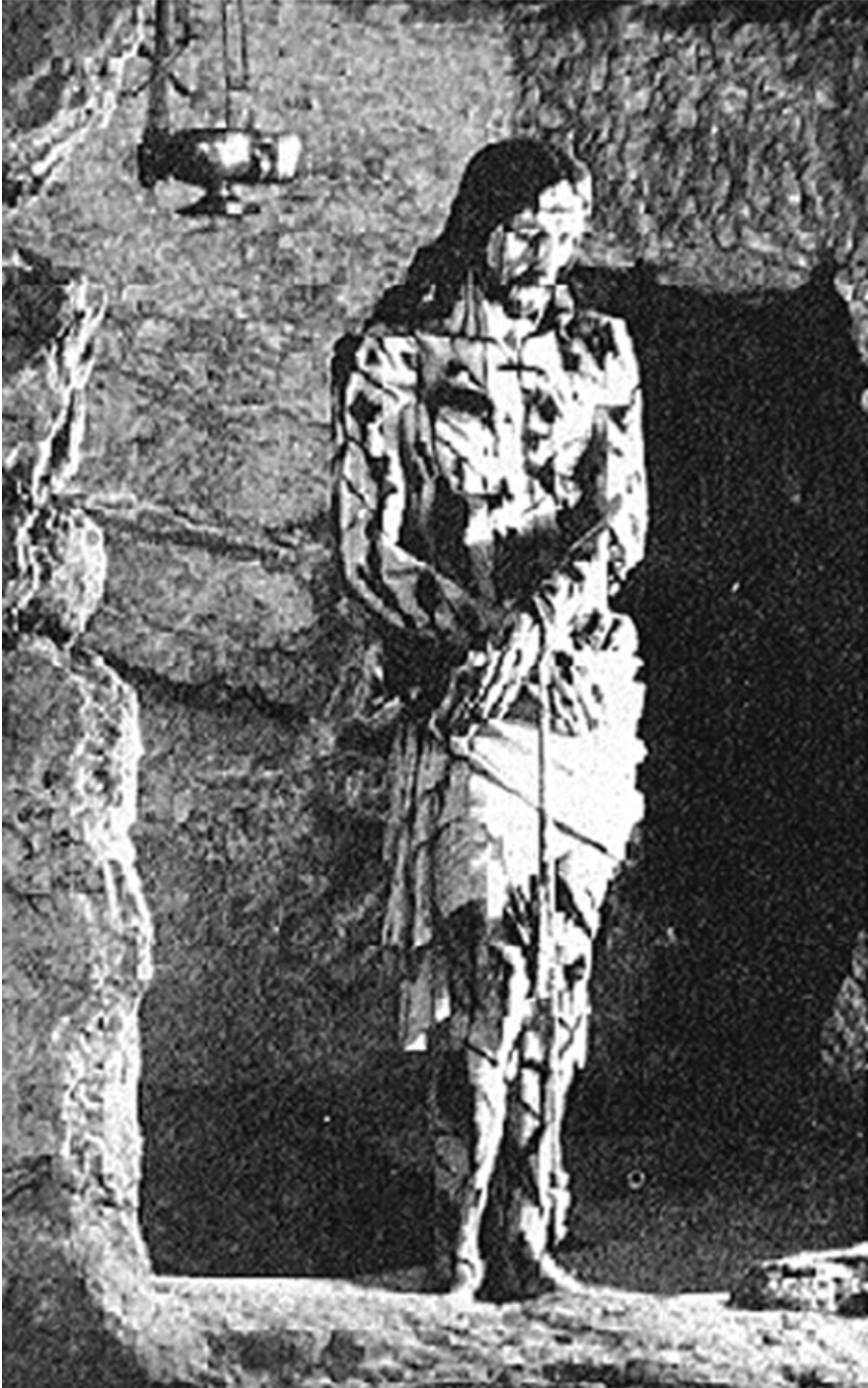
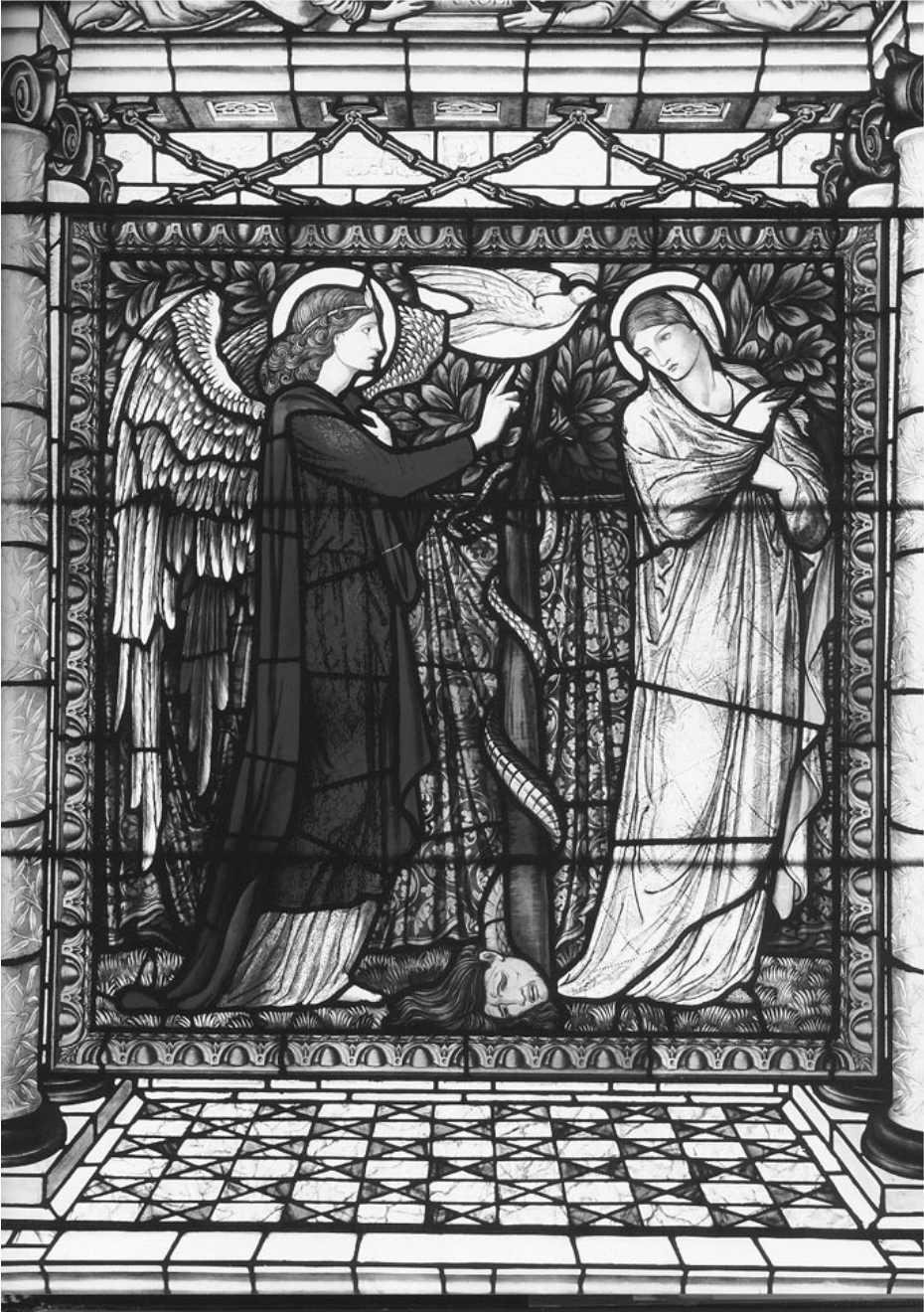 A sense of place is very important to us especially at Christmas time. All our senses are activated. We decorate our homes and fill them with aromas of cooked and baked goodies. We sing and hear Christmas carols. We invite family and friends to visit with us. We do not want to be alone. The pace of life accelerates, and we try to cram more into every day. Our days are filled with anticipation of reunions with family and friends and peace on earth good will toward all.
A sense of place is very important to us especially at Christmas time. All our senses are activated. We decorate our homes and fill them with aromas of cooked and baked goodies. We sing and hear Christmas carols. We invite family and friends to visit with us. We do not want to be alone. The pace of life accelerates, and we try to cram more into every day. Our days are filled with anticipation of reunions with family and friends and peace on earth good will toward all. Rabbi Danya Ruttenberg, rabbi-in-residence at Avodah, a Jewish social justice organization that deals with pressing issues facing this country, wrote an important article on September 6, 2018, in the Washington Post. The title of her piece is “Famous abusers seek easy forgiveness. Rosh Hashanah teaches us repentance is hard.”
Rabbi Danya Ruttenberg, rabbi-in-residence at Avodah, a Jewish social justice organization that deals with pressing issues facing this country, wrote an important article on September 6, 2018, in the Washington Post. The title of her piece is “Famous abusers seek easy forgiveness. Rosh Hashanah teaches us repentance is hard.”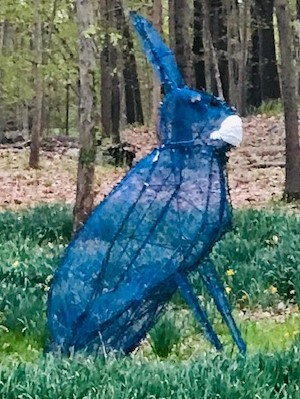 During the Covid-19 pandemic of 2020 numerous, unmasked protestors gathered together in public places insisting on their right to freely assemble without governmental restrictions. They know they are violating state and federal laws requiring people to self-quarantine in their homes and when running essential errands to wear face masks and to maintain a six-foot social distancing regulation. These protestors reject the advice of the medical care professionals and infectious disease experts. They claim that their First Amendment Rights to our nation’s Bill of Rights are being violated by governmental regulations for the suppression of the Covid-19 pandemic.
During the Covid-19 pandemic of 2020 numerous, unmasked protestors gathered together in public places insisting on their right to freely assemble without governmental restrictions. They know they are violating state and federal laws requiring people to self-quarantine in their homes and when running essential errands to wear face masks and to maintain a six-foot social distancing regulation. These protestors reject the advice of the medical care professionals and infectious disease experts. They claim that their First Amendment Rights to our nation’s Bill of Rights are being violated by governmental regulations for the suppression of the Covid-19 pandemic.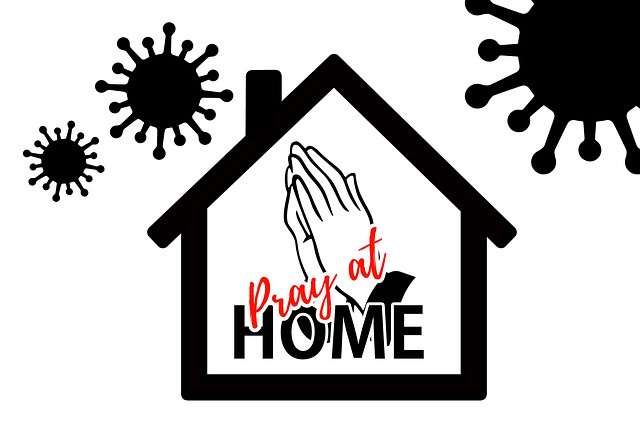 Don’t panic. Stay calm. In times of trouble and in life and death situations, Jews and Christians find comfort in Psalm 23. Today with the Coronavirus, we face an invisible enemy that affects all our lives. In an effort to give you more insight on this Psalm, let me share with you my thoughts and how it helped me through some difficult times. Then and now I adapt Psalm 23 to my present situation. I make this psalm my own.
Don’t panic. Stay calm. In times of trouble and in life and death situations, Jews and Christians find comfort in Psalm 23. Today with the Coronavirus, we face an invisible enemy that affects all our lives. In an effort to give you more insight on this Psalm, let me share with you my thoughts and how it helped me through some difficult times. Then and now I adapt Psalm 23 to my present situation. I make this psalm my own.